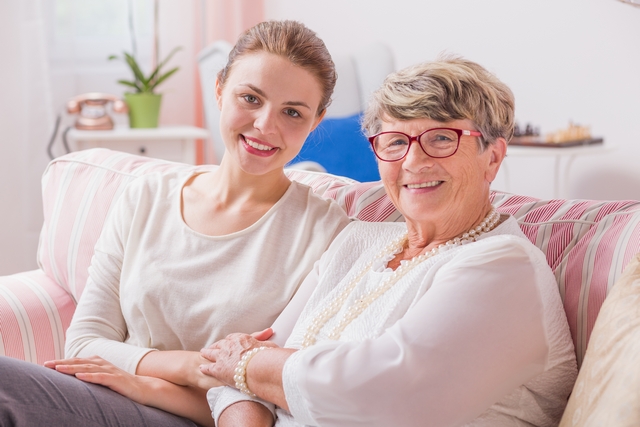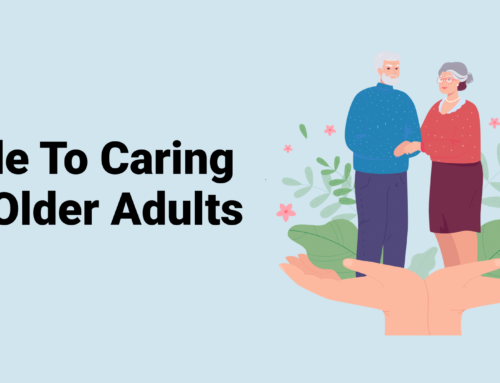Many parents, nowadays, move into a child’s home in their elderly years. It’s understandable – after all, it allows us to give back to those who gave so much to us, for so long. But to properly look after them, we need to ensure that they are safe. To help you make some necessary adjustments, we’ve pulled together five tips to make your home a safer place for your elderly loved ones.
1. Offer them a Ground Floor Room
Stairs can present problems for elderly relatives. There’s the chance of a fall on their way to or from their upstairs room. These falls are fairly common, particularly at night in dimly-lit corridors. Stairs can also place physical strain on those who suffer from conditions such as arthritis. Instead, consider putting your elderly parent’s bedroom on the ground floor – doing so makes a big difference. Less strenuous movements mean less discomfort for the people you care about, and that can only be a good thing. Another factor to consider is to ensure the room is at a safe temperature for your elderly parents. Think about this before deciding on which room will be their bedroom.
2. Install a Shower Seat in their Bathroom
The prospect of standing in the shower can be both tiring and daunting for elderly parents. Shower seats provide a secure area in a potentially slippery shower. They’re especially useful for those who struggle with reduced mobility. They offer a comfortable alternative that allows your parent to relax and not worry about the potential pitfalls of a slip in the shower. Most models fold back against the wall when not in use, so if you do share a bathroom, they won’t be in the way. Plus, you can always use it yourself!
3. Invest in an Automatic Stove Turn-Off Device
Elderly parents, especially those living with Alzheimer’s or on medication, can be forgetful. That’s why we recommend purchasing an automatic stove turn-off device. These nifty pieces of equipment can quite literally be lifesavers. Equipped with a timer and a sensor, they will turn off the stove after a set period of time during which no movement is detected. They’re not our cheapest suggestion, but they’re more than worth the price. For those who live with small children, this device is almost essential.
4. Clear the Walkways
A fall for an elderly parent can present certain health risks, and it can also cause them to lose confidence and become more withdrawn. To avoid this, de-clutter the walkways around your house. Clear out lingering electric cables, tidy away toys and roll up loose carpets. Consider replacing small steps with low ramps. Extra lamps for better visibility are also a great addition in your hallways. During the winter, make sure the entrance to your home is cleared free from snow or ice.
5. Provide them with a Bedside Phone
Should there ever be an issue, you want your loved ones to be able to contact you. The best way to do this is to place a phone on their bedside table. Make sure it has emergency numbers saved in an easy-to-access contacts list, along with your family members’ contact numbers and the number of any other healthcare provider. Keep a physical list of these numbers by the phone for those suffering from dementia or Alzheimer’s. If your elderly parent is not particularly phone savvy, get a model that has large buttons, a big screen, and simple navigation.



